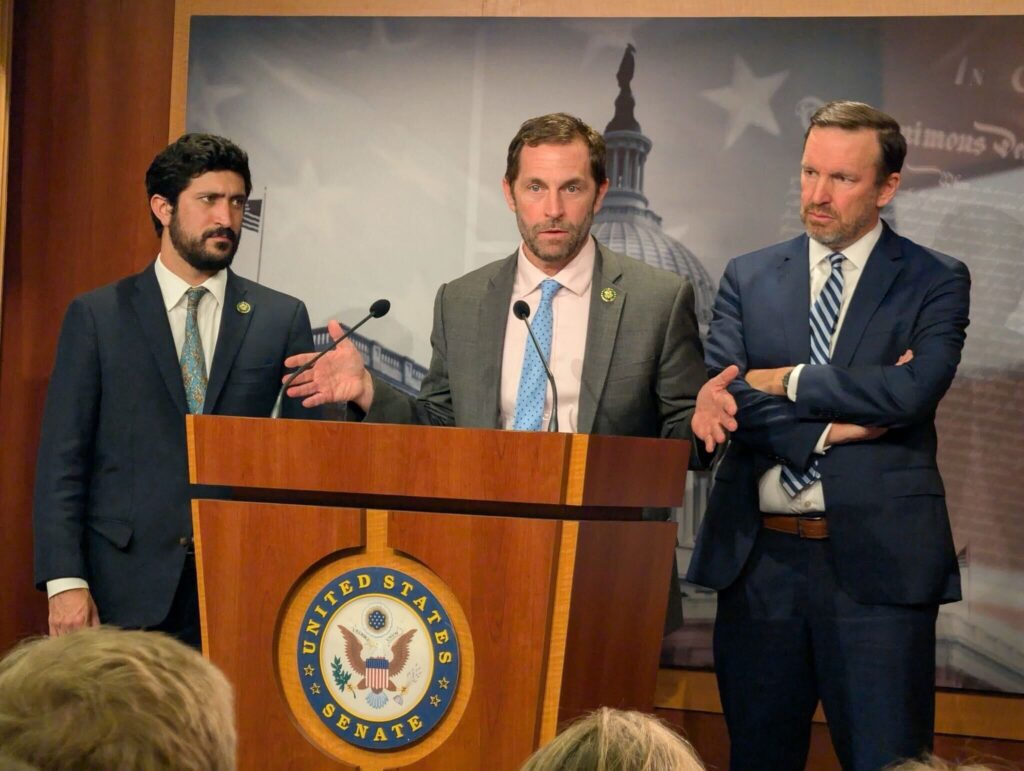EDITORIAL: Doomsayers frighten prospective parents
A comprehensive Gazette report reveals how Colorado’s young adults increasingly opt against having children. Let’s hope it is a short-lived trend.
“Colorado’s annual fertility rate — total live births per 1,000 women aged 15 to 44 — hovered at around 60 to 70 births since 1980, peaking at 70.8 births in 2006,” explains the article by reporter Hannah Metzger.
“But the fertility rate has since plummeted, decreasing nearly every year and hitting 52.7 in 2021 at the height of the COVID-19 pandemic. Colorado’s birthrate — total live births per 1,000 population — has similarly fallen, going from 17.1 in 1980, to 14.9 in 2006, to 10.8 in 2021.”
Young adults cite climate change, racism and a “hopeless future” as a few good reasons to avoid parenthood. It is no surprise they feel this way. They are bombarded by the latest phase of alarmist propaganda concocted to promote human guilt.
To understand the value of children, look to an extreme example of scarce reproduction. Until 2015, China’s communist government had a one-child-only policy for more than 30 years. It has China on the verge of economic collapse.
The one-child policy caused a disturbing trend of couples aborting girl babies in anticipation of conceiving boys. The ensuing imbalance of men and women sustains low reproduction rates because men can’t get pregnant.
“China’s one-child policy was aimed at slashing the nation’s population to boost economic growth. It resulted in millions of forced sterilizations, abortions, infanticide and marital misery,” says a National Geographic article from 2015.
“… they have too many men, too many old people, and too few young people … if people don’t start having more children, they’re going to have a vastly diminished workforce to support a huge aging population.”
Western European countries, challenged by generations of declining reproduction rates, offer lavish financial incentives for couples to have children.
We have no such concern in Colorado — not even close — because young adults move here and work to provide goods and services while funding pensions through payroll deductions.
Yet, we can look to China and Europe to better understand the macroeconomics and social ramifications of human reproduction on a global scale.
Humans are the only source of wealth. Oil, gas, windmills, solar panels, gold, silver, cash, cars and homes have no value without human need and innovation. Art has no value other than that imbued by individuals.
Increasing reproduction rates have always been good for society, despite the ridiculous predictions of Thomas Malthus. The 18th- and 19th-century cleric told us population growth leads to increasing death by famine and disease. Quality of life would diminish as population grows. Everyone would compete for a slice, and no one would make more pie.
Contrary to this fictitious nightmare, humans on average produce more than they consume. If this were not true, the alarmist predictions of contemporary Malthusians Paul and Anne Ehrlich would not be such a joke.
Their 1968 book “The Population Bomb” promised hundreds of millions would die of starvation in the 1970s and ’80s. The United States and Britain might not survive to see the 20th century.
The future looked so bleak the Ehrlichs suggested mass abortions, sterilizations and drinking water laced with contraceptives. The media ran with it, making these concerns the 1970s version of mainstream climate change alarmism.
Since those dire predictions, the world’s population has more than doubled while poverty and starvation have plunged. Calories consumed by each person have increased 24%. Remember this when radical environmentalists say climate change will doom the world within the next decade. It won’t.
In the modern era, because of human advancement, free societies have become more inclusive and tolerant. Air and water quality have improved.
Civil rights have expanded and continue doing so. Colorado, rich in natural and economic assets, exemplifies this trajectory. The future is anything other than hopeless — especially here.
Supporting children is neither easy nor cheap. It is not for everyone. Yet, the hand that rocks the cradle defines the future.
Young adults who want a better world — those gifted with the ability — should consider bringing up children who achieve constructive, humanitarian, Earth-friendly results. This practice has improved humanity since it began.
The Gazette Editorial Board













